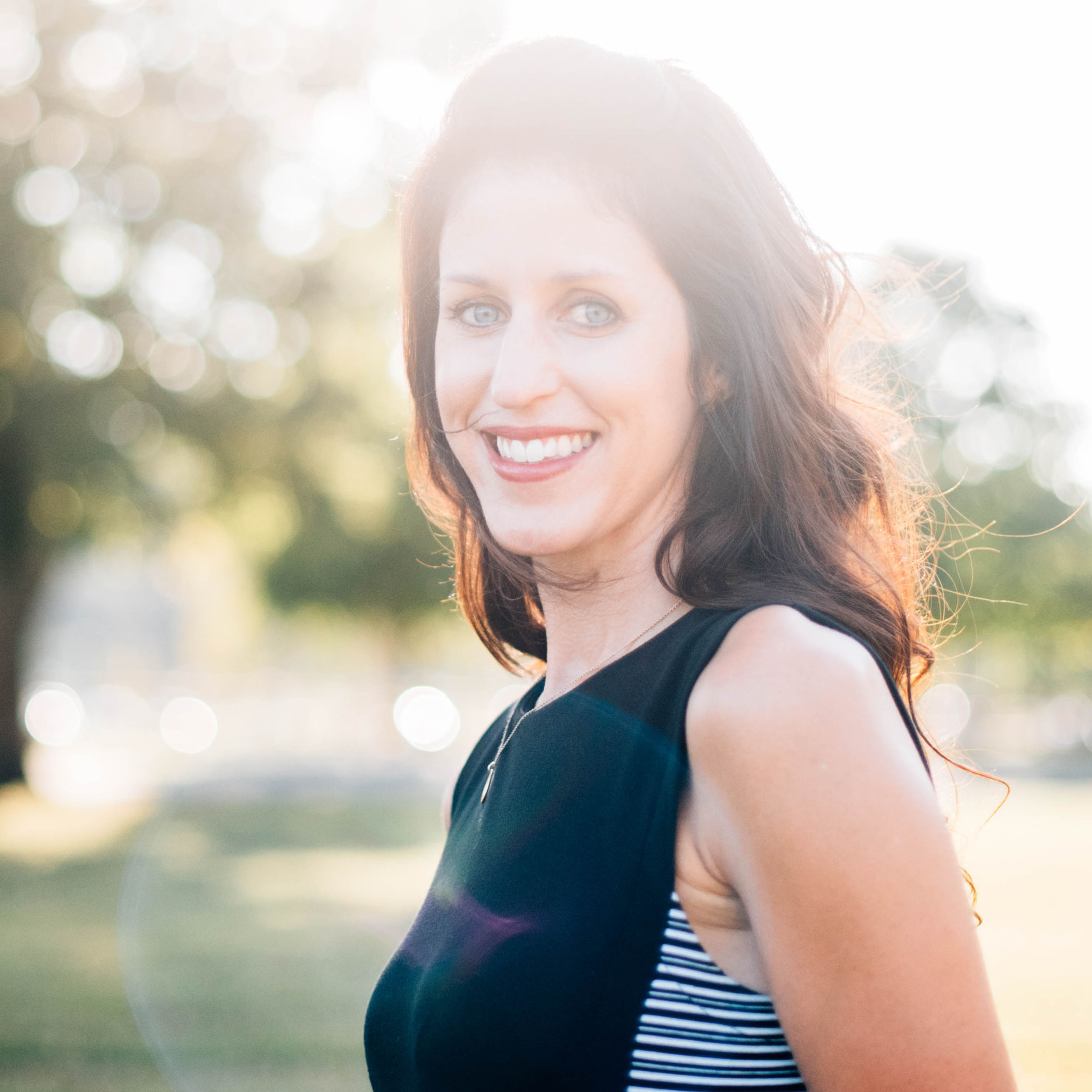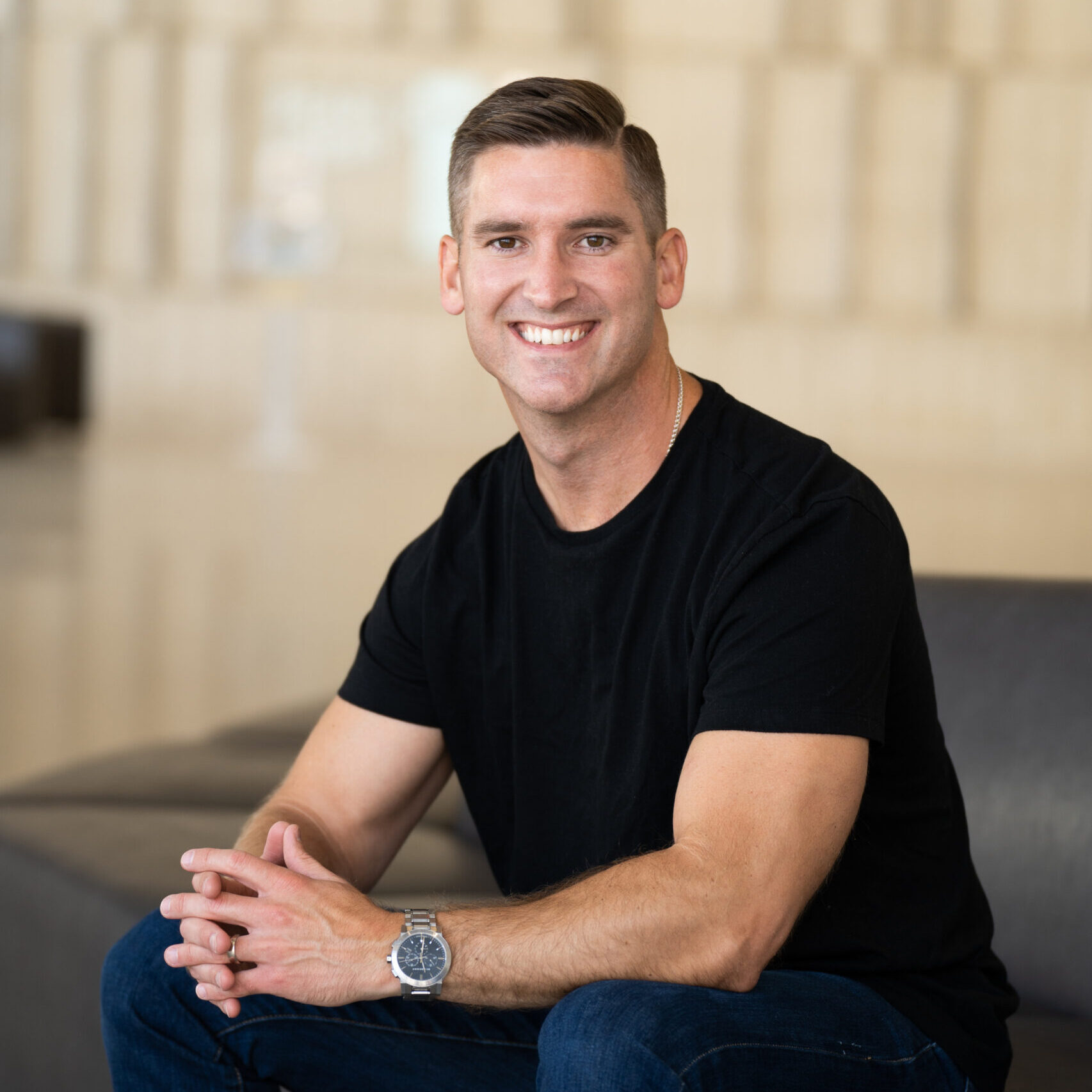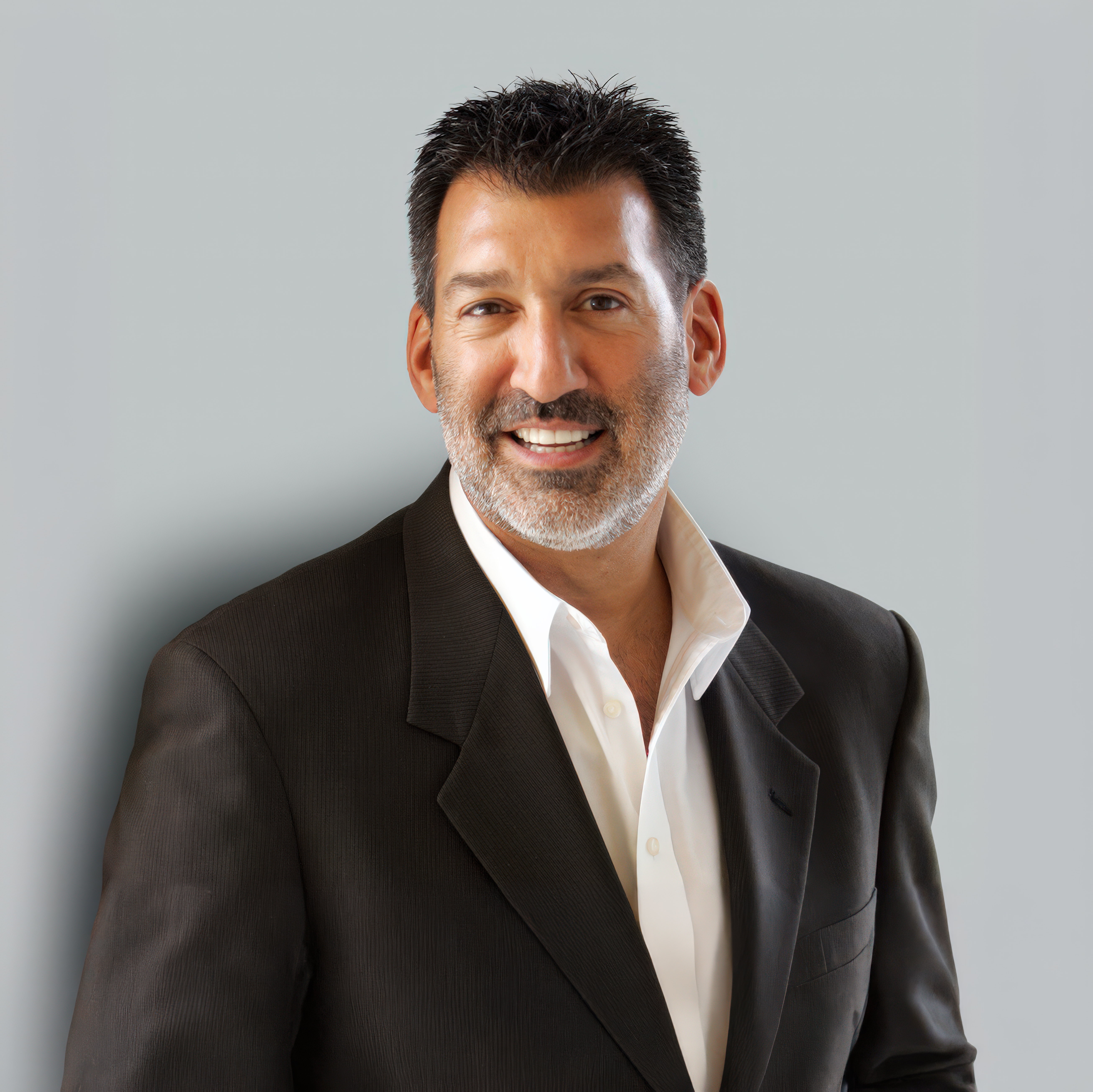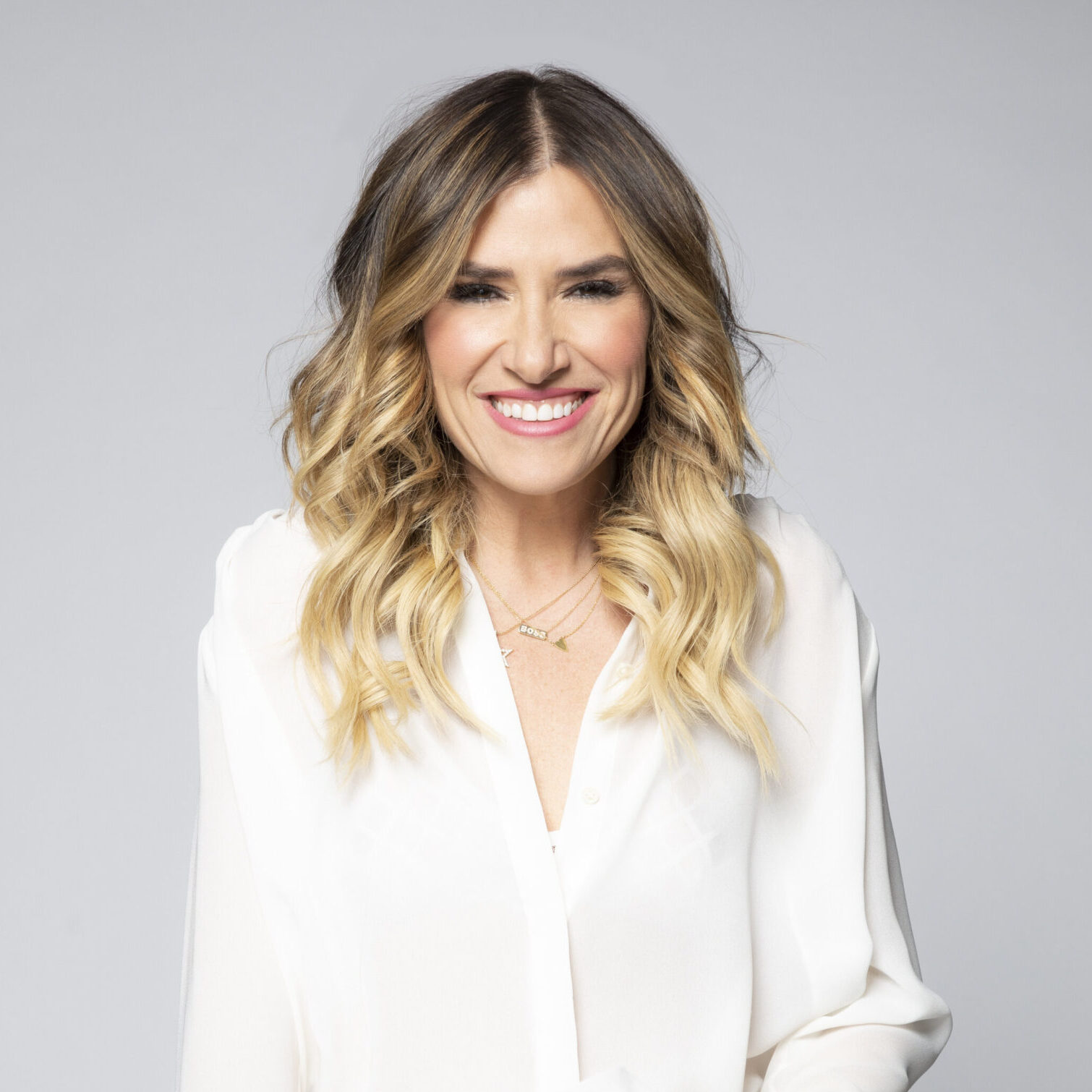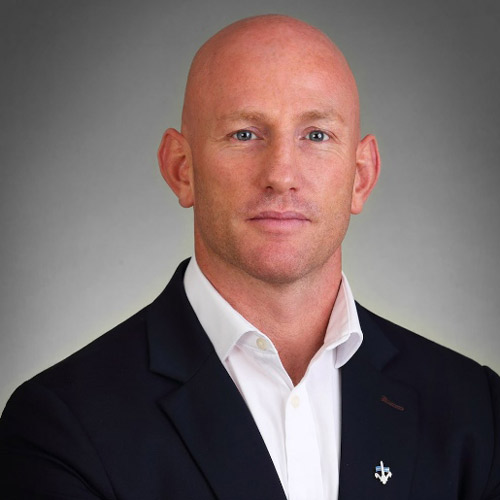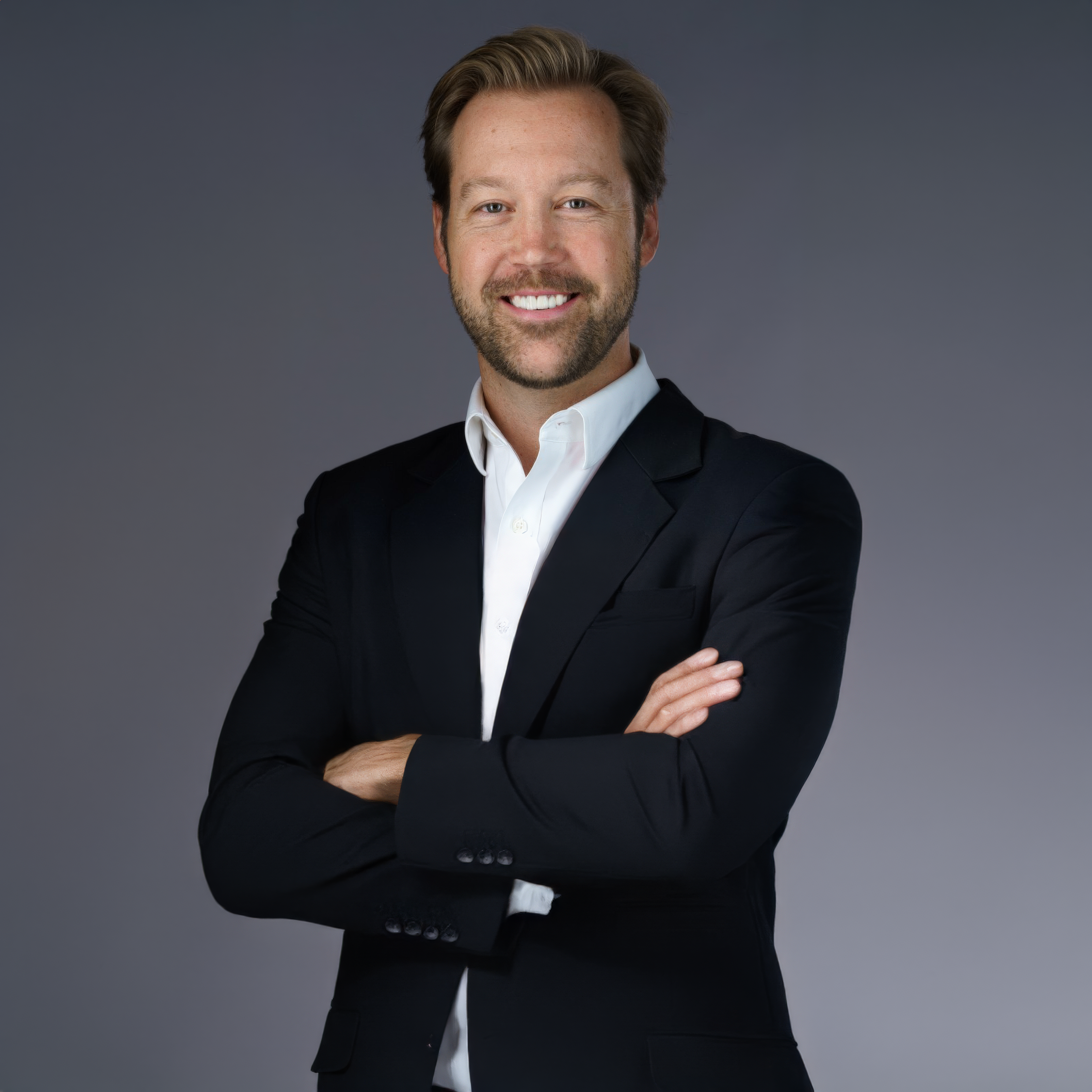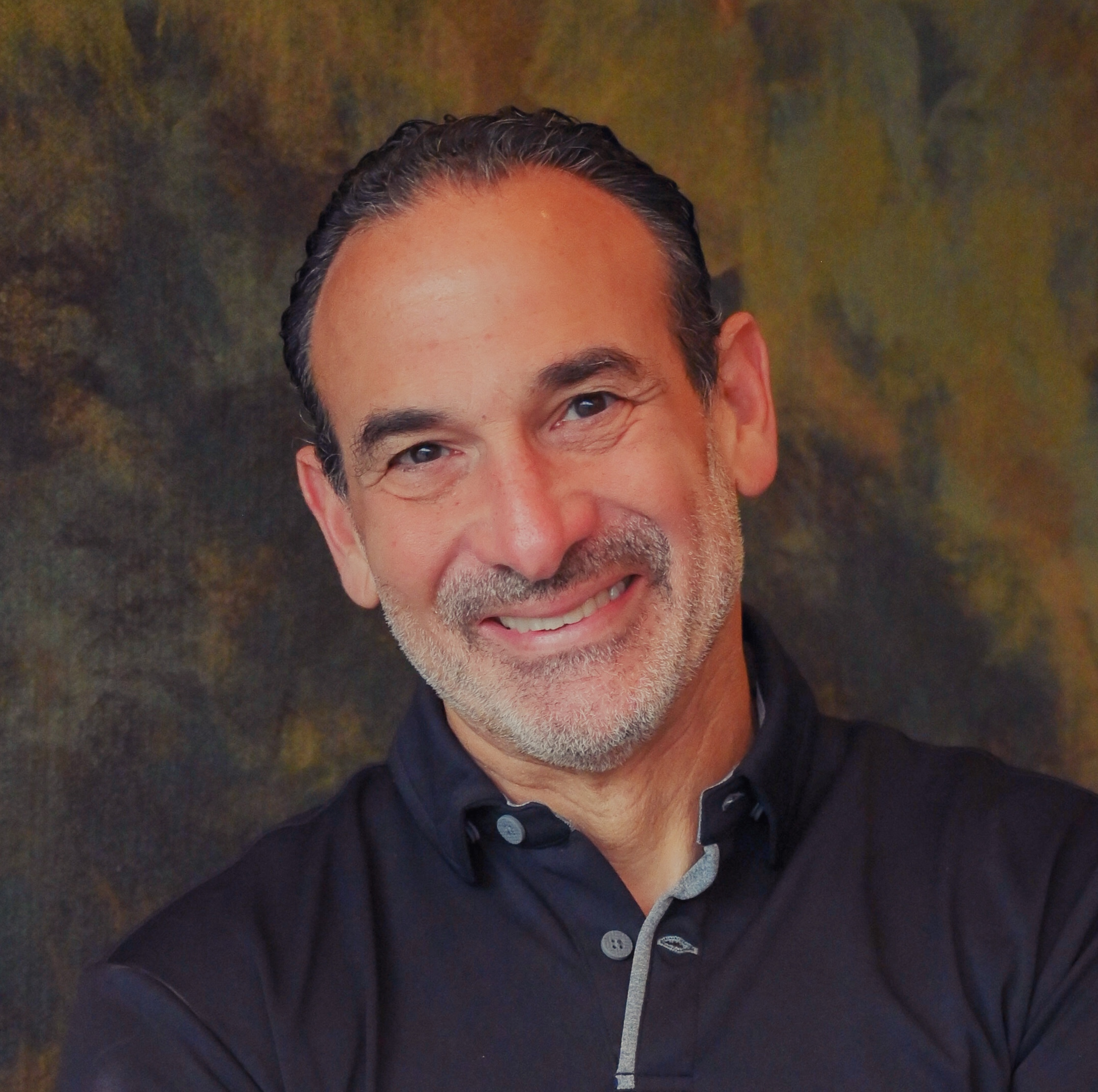Hey, brand builder, Rory Vaden here. Thank you so much for tuning in to listen to this interview, we are so excited to bring you this information and wanted to let you know that, Hey, there’s no sales pitch coming. From anything that we do with this is all our value add to you and the community. However, if you are somebody who is looking for specific strategies on how to build and monetize your personal brand, we would love to talk to you and we offer a free call to everyone that’s interested in getting to know us and is willing to give us a chance to get to know them and share a little bit about what we do. So if you’re interested in taking us up on a free strategy call, you can do that at brand builders, group.com/summit. Call brand builders, group.com/summit. Call to talk to you soon on with the show.
I trust people who my good friend, Donald Miller trust and Donald was how I originally found out about the woman you are meeting about. Alison Fallon comes it turns out we’ve got several mutual friends, several mutual clients that we share. Allison was living at Donald’s house for a minute here as she, she moved in her family moved to Nashville, but Allison Fallon is an award-winning author. She’s got this new book that just came out. It’s called the power of writing it down a simple habit to unlock your brain and re-imagine your life. So she’s a speaker but she’s most well known for being a a writing coach. In the past she’s ghost written very successful books. She’s worked with New York times bestselling authors. She’s worked with newbies and really her company finds your voice specializes in helping people to basically complete their manuscript more or less to get the ideas out of your head onto paper, into a book proposal, into a manuscript, you know, and or manuscript and then get them out into the world, which is important if you are building a personal brand.
And that is why she’s here. So, Allie, thanks for Coming on.
Thank you for having me. I’m so happy to be here.
You are so cool. And I’ve known you for years. I mean, I guess I knew you because you used to work with Don official. Like
I did. Yeah. I was on full-time staff for maybe a couple of months until I realized that I didn’t, I just worked better as a contractor and a freelancer and whatever, but we, I’ve worked very closely with their team for a long time teaching workshops and traveling and teaching keynotes and that sort of thing. So
I know, and you know, we know several of the same literary agents and you just, you’ve got such a great reputation in this, in this space of writing. And I, you know, I’m probably AJ and I probably get, I would say at least two pitches a month from people who are writing coaches that want to come on to this show and, and, you know, so there’s very, very rare where we bring someone on and it’s because writing is such an intimate process and it’s, we really, really trust people who have, have really, really done it. What do you think is the biggest kind of hurdle here for people? And, you know, I know you talk about in the book about the blank page and getting started, and can you kind of just set the, the stage of like, what are the mental roadblocks to writing? Because I think that’s, that’s as big of an issue to overcome as the actual, like writing itself
A hundred percent. Yeah. Well first let me say, I’m honored that you are having me on the show, hearing. You say that you get requests and you’re having me just, I don’t take that lightly. So I hope I can do justice to this conversation because there’s definitely a lot to talk about, but I think you’re making the point here that I would make, which is that the biggest obstacles to actually writing our book are mostly mental. In fact, the number one obstacle that I see most people face when it comes to writing their book is just feeling like they aren’t a writer or a lot of people will say to me, well, I’m not a real writer. I’m not a writer. I’m not really supposed to be doing this. What they don’t realize is that this is a conversation that I’ve had with almost every client that I’ve ever worked with, regardless of how many books they’ve ever sold, whether or not they’ve ever been on the New York times bestsellers list you know, whether or not they make a full-time living from their writing, I will hear people whose names you would recognize and whose books you’ve read.
Say to me, I’m not really a writer. I’m not a real writer. I wasn’t ever supposed to do this. A publisher came to me and asked me if I would write this book. My field is really this other field, but I just got sort of sucked into this idea of writing a book. And here I am, and I have this book out in the world. So I think it’s helpful for people to know here, understand that they’re not the only ones who are facing this. It’s like the, it’s like a different version of imposter syndrome specifically in the field of publishing where people feel like, because I don’t necessarily call myself a writer. That means that I don’t have the chops to get this finished. And it’s just simply not the case. I mean, the biggest predicting factors to whether or not someone will ever publish their book have far more to do with how passionate do you feel about the topic or subject matter? How important does it feel to you to have this book out in the world? How much do you want to be considered a reputable source when it comes to this topic? And those are really the things that drive people to get to the finish line far more than whether or not they have any training or background in the specific field of writing.
So once you get past that hurdle what do you think really makes a great writer? And I think like, and I want to just talk about the pure form of writing here, right? So there’s a whole different conversation, which is, you know, half the battle probably, which is the marketing, but yeah, just the purity of the written word. Yes. What do I need to know about that? That makes, would make me a better writer.
I’m so glad you’re asking this question, because I say to writers all the time that great writing is really great thinking and we get confused. We think that great writing is great grammar, and this is no knock on great grammar. We need good grammar and we need good editors to fix our grammar and edit our grammar because you know, the you’ve heard like all the jokes about how, if you get one piece of grammar wrong, it changes the whole meaning of the sentence. It’s like, let’s eat grandma, let’s eat comma, grandma. You you’ve heard that example. So, okay.
I haven’t heard that. Exactly. It’s funny. It shows you how original, like you take things like assume everyone has heard it, but if you’re not in the same space, even yeah, it’s true.
So grammar is important. It matters because you know, changing the grammar can change the meaning of the sentence, but when it comes to really creating a great book idea, it’s much more about how can we think about this idea versus how can we execute it perfectly. So I teach writers that great books start with great questions. And so if you’re not happy with where your book idea is, let’s ask some better questions. So so that’s a lot of the work that I do with writers is, is helping them dig a little bit deeper, ask better questions, really get to thinking about this idea in a multilayered way, in a multi-faceted way to think about it from a lot of different perspectives. And then to think about how this idea is really going to impact your reader. I teach authors outline books based on the transformation that you want to take place in the end reader. And so that’s, that’s sort of the path that I take writers on, but I think the biggest paradigm shift is really moving away from feeling like, well, if I don’t know exactly where the commas go, then this isn’t going to be written well, and that’s just not true.
Yeah. And, and when you go to the go to the written part, so, I mean, I love this distinction that great writing is really great thinking fully believe that and support that. When I think of the concept of great thinking, my mind kind of goes to logical right. It’s like I’m, I’m presenting some logical arguments, some logical structure. I mean, let’s table fiction for a section for for for a minute. Most of our audience are, are non would be nonfiction. We do have, we do have some fiction clients and stuff, but you know, when I think of non-fiction there, you know, that even my mind kind of goes to the logical, how do we find the balance? Or how much does the balance of logic and emotion matter? Does it depend completely on the book? Is it like some books are all, you know, they’re all heartstrings and emotion. Some books are all logical. Should we always have a balance of both? How do we find it? Is it more one than the other? And, and then, you know, if I’m an emotional person, how do I access more of that logical, if I’m a logical person, how do I access more of the emotional? So can you just like touch on that balance for a second?
Yeah, I totally. So we divide books into two categories. This is connected. I promise, but we divide books into two categories, either story-driven books or content driven books. And I think of content driven books, the content driven books are driven by the content. So this a really great example of a content driven book would be a how to book or some sort of educational resource. That would be like a really clear cut content driven book I’m picking up
Storybrand or take the territory, ran from Donald Miller, even take the stairs from, from like our first book. Those are con content books,
Content driven books. It doesn’t mean that they won’t include stories, but they’re much, they’re usually much more logical, rational, reasonable, analytical, linear. And then there are story-driven books, which are driven by the story. So when you pick up a story driven book, you’re not wondering, you know, how do I like cook chili? You’re picking up a straighter and book because you’re wondering like, will this person survive this obstacle that’s in front of them, will they be able to overcome the obstacle? What’s going to happen to them next, who they meet? Who do they meet tomorrow? You know, wild by Cheryl strayed is the most common example that I give with a story-driven book, because you’re not wondering, you know, the book is about a lot of things. It’s not just about hiking, the Pacific crest trail, it’s about grief and it’s about drug use. And it’s about, you know, a coming of age and all kinds of things.
But you don’t pick up the book because you’re wanting to know more about illicit drug use. You pick up the book because you’re wanting to know what happens to this woman and does she make it to the end of the trail? And that’s what a story-driven book would do. So that those two categories don’t exactly match up with what you’re talking about, about like, you know, some writing being more logical and something more emotional. But I think there, there are some parallels there. And a lot of times people will say to me, I don’t know if my book is content driven or story driven, because I definitely want to tell a lot of stories and I’m going to tell some personal stories, but, but there’s still some content that I want to teach. And there’s a lot of gray area. There’s some books like wild that are obviously story-driven and then some books like, you know, business made simple that are obviously content driven, but then there’s this middle ground where like an author, like Bernay Brown for example, is a great example of an author who tells a lot of stories.
And there’s a lot of emotion in what she talks about, but the book is really content driven. It’s focused on delivering information and sometimes the medium that you use to deliver that information is a personal story. And sometimes in order to deliver that information to the reader, you need to sort of tug at their heartstrings or get them to feel a little bit emotional, or even be a little bit vulnerable as an author. So the question I don’t think is about like, how analytical should we be, or how emotional should we be? It’s more like, who is the end user? Who’s the reader that’s going to pick up this book. What kind of transformation do you want to create inside of the reader? And then what are the tools at our disposal in order to create that transformation that I’m trying to create. And then these two categories that we use of content driven and story driven are more just helping us think through, you know, like what’s the frame, what’s the structure that we’re going to use to deliver the message.
I mean, one thing I love about those questions is, you know, who’s the end user, what kind of transformation in the reader is that they are audience centered questions. And the biggest mistake that I think first-time authors make is they’re all self-centered questions. Like, am I smart enough? Is this good? Will anybody like this? Like, are they going to know I’m not really a writer? And it’s like, they’re so caught up in their own self centered questions. They’re not even thinking about the actual, like, how do I make this valuable for the reader? And if you kind of scent sit and center on that, it’s like, whether it’s logical or emotional, it’s going to be good.
I mean, think about a book like five love languages. And this is not meant to be a negative statement about this book at all, but the book is so simple and it has sold better. I don’t know the exact current stats on the book, but I just, I I’ve heard a lot of statistics on the book because publish I, the same publisher who published my first book, that book is still a hundred percent funding that publisher still to this day, it’s been translated into more languages than almost any other book. It’s I think at one point it was selling more copies than the Bible. So to think about the kind of reach that that book has had, and then the way that the, the five love languages themselves have become totally ubiquitous to the point where I can say, like, what’s your love language, and you know exactly what I’m talking about, regardless of who you are. It just is a good reminder to us that your, your idea doesn’t have to be complicated. It doesn’t have to be very intelligent. And I’m not saying that that idea isn’t intelligent, I’m saying it doesn’t have to be like some really complex way of thinking about the world. All it has to be is helpful for people and it will land.
Yeah. I, I love that and I, I think that’s so true. In fact, I think it’s, you know, like I think back, so like my second book procrastinate on purpose five permissions to multiply your time, you know, it’s based on how to multiply time and there’s this focus funnel. I think the ideas are so much more eloquent and forward thinking and advance that book. Doesn’t sell a fraction as well as take the stairs, which is basically like, you know, more or less it’s do, do hard things. Like it’s a kind of a motivational, but I, you know, I was reading a book here about social media strategy recently, and it was kind of saying the number one thing that matters more than anything is not how advanced the idea it is. That how advanced the idea is it’s how shareable is the idea, how transmittable is the idea, something like five love languages. It’s so transmittable because it’s so freaking simple and applicable. Whereas, you know, sometimes I think some of the stuff that I’ve written is like, it’s too complex to be easily transmitted. And so people like it, but they can’t transmit it
A hundred percent. Yeah. It also feels important to say that there are a lot of different reasons to write a book. And sometimes we write a book because we’re trying to understand a very complicated topic. Or sometimes we write a book because, you know, we, we feel this like creative work coming through us and we kind of can’t, can’t not do it. I would imagine in your audience, those reasons to write a book or maybe more secondary, and the reason I would recommend most people in your community write a book is because it will establish you as a credible expert in your field. It basically tells people, this is the thing that I want you to know me for us. This is the thing I want you to remember me for. And when you’re, when that’s the end goal for your publishing life, it actually makes the act of writing a book much simpler because it doesn’t have to be like this complicated or like really, it doesn’t have to be like this, like masterpiece, you know, like
You’re not trying to win. You’re not trying to win a Nobel prize. You’re just trying to like, make sure that people know, you know what you’re talking about
A hundred percent. So it actually makes the process of writing the book a little bit easier. And you know, like I said, all of those reasons are great reasons to write books, but I work with authors on establishing at the beginning. What’s what does success look like for you? What is the reason that you’re writing this book? Because, because there are so many different reasons to write a book. If you set out trying to achieve them all, you’re probably achieved none of them. Whereas if you set out to write a book so that people remember you as the guy, who’s the expert on commercial real estate, you’ll write a very different book than if you’re trying to channel some great piece of art, you know?
Yeah. I love that. And I I mean, I think that’s so good at even, even determining up front with like your whole publishing strategy, what kind of publisher do I need? And all of that is, is like just being clear on why, why are you writing the book? And it kind of, it kind of points to one of the things I wanted to ask you about in terms of the New York times bestseller list. So brand builders, I’m letting the out of the bag a little bit, depending on when this comes out. So we conducted an independent nationwide research study, weighted to the U S census. We had an independent firm conduct this study about the importance of different factors when it comes to hiring somebody. And we asked them things like, how much does it matter to have a Ted talk? How much does it matter that they have a blog?
How much does it matter that they have a YouTube channel or a podcast or a large social media following? And one of the things we asked them was how much does it matter that they have a New York times bestselling book or a wall street journal, bestselling book. And only 36% of people said that they would, that they would be more likely to hire someone because they have a wall street journal, bestselling book, but 62% of people said they would be more likely to hire someone if they have testimonials on their websites from real people who have experienced an actual transformation. And so it’s like in the industry, we all think of like, I gotta be a best-selling author, but our study literally proved that people don’t give a crap. Like they don’t care about that only you care and authors care, but I do think it matters.
Cause I do think it’s like, sure, you know, in the industry it matters, right? Cause it’s like, if you’re going to get on someone’s podcast, it matters. If you’re going to get on good morning, America, it matters to that. But it doesn’t matter to the end user. So when it comes to the New York times or wall street journal, or just when it comes to the bestseller lists, how much do you think the writing of the book matters as it relates to hitting those lists? Getting on them? Cause I know you’ve worked with authors, you’ve probably ghost written books that have actually hit the New York times. How much does the writing matter when it comes to hitting those lists? Do you feel like,
I mean, I wish I had more like verifiable data, but just from Ali’s brain, it matters very little if at all. Yeah, I mean, I would say there are books that have been in the New York times list that are the kind of books you would save forever and you would underline and that could really transform a reader’s life for the long haul. And there are also books that have been on the New York times list that I don’t think are all that good. Now that’s subjective. It’s my it’s it’s Allie’s opinion. But I would imagine probably if you went through the, the, you know, hundreds of thousands of books, I don’t know how many books have been on the New York times list over the decades, but you would probably find some books on the list that you don’t think are that good either you don’t even think are that interesting.
You think like why would anyone ever pick up this book? So I think that’s good and helpful for authors to remember, because there are a lot of things that you can do if one of your publishing goals is to get your book on the New York times list. But I think it’s helpful for people to remember that there are only certain people who consider that a requirement, they consider it a benefit. They see the sort of value in it and those people, most of them are inside of the industry. So these are the people who you mentioned, it’s national media outlets that care about New York times bestseller it’s other publishers or agents who care about New York times bestseller it’s other authors who, you know, you may be sort of like, they might be colleagues of yours who might see that you hit the New York times bestseller list.
And they might think like, Oh, that gives you extra credibility in my mind. But for the most part, the end user, the consumer doesn’t pick up a book like blue, like jazz by Donald Miller or the shack by William Paul Young, because it was on the New York times list. They pick up a book like that because someone handed it to them and said, you have to read this book. So that’s social proof is far more valuable than the, the tag or the, you know, the title of New York times bestselling author. Although I don’t think that there’s anything wrong with striving for that, that title either. I mean,
So in this study, because we asked, you know, New York times bestselling author versus wall street, journal, bestselling author versus self published, author people, more people said that they value a self published book than a wall street journal bestseller. Like the average person doesn’t even delineate between the two.
Yeah. When people get really caught up about whether they should self-publish or traditionally publish, I will ask them like, what’s your favorite book? And they’ll tell me, and I’ll say who published it? And the fact of the matter is most consumers don’t have any clue who published the book. Wow. People, unless you work in the industry, because I work in the industry, I pick up a book off of the shelf and I go, who published this? And I flipped it, flipped open to the title page and I’ll find out who published it. Most people don’t have any clue who publishes books. So the only way that you can know that a traditional publisher published the book is because it’s sitting in a Barnes and noble, and that’s the biggest that’s the biggest obstacle that currently exists in 2021 for self-published authors is distribution. That if you choose to self-publish your book, it means your book. Won’t sit in a Barnes and noble. It’s not going to sit in and books and books a million, but also the fact of the matter is in-person retail is down significantly since COVID happened far fewer books than ever have been sold in in-person retail stores. The internet happened. Yeah. I mean, truly. So like even my book is my book is traditionally published. It’s in all of the brick and mortar stores, but 90% of my book sales are coming from Amazon.
Yeah. It’s it’s, it’s like getting in the store is not the thing that’s going to make you sell millions of copies. It’s it’s your platform will drive millions of copies. And like, man, they’re going to buy it off of Amazon or wherever anyways, like that’s a really, that is a really, really great insight Allie, in terms of like who nobody even knows who published it. I love that. And it’s yeah, you read it. Cause your friend, like, you know, really it’s like you had three friends tell you, that’s how I do it. I’m like my mine is minus the three friend rule when I’ve had three people who I respect that are like, dude, you have to read this. I’m like, okay, let me like, look at what this is really about. And, and you know, so many books sell thousands and thousands of copies never even hit the New York times. They sell hundreds of thousands of copies, never hit the list. And to your point too, like, why are you doing it? If you’re doing it to help you get clients for your business, your clients literally don’t care if you’re doing it because you’re trying to build respect and notoriety and credibility among your peers and like the industry. That’s a little bit of a different story. Yeah.
This is actually an interesting story along those lines that I heard from a colleague of mine the other day, who, where he helps in book marketing. And he was telling me about a book that I know and love. And probably many of your listeners have heard of called boundaries, Dr. Henry cloud. And he told me that, that book, when it first came out, it didn’t hit the list. And it, for a long time, it didn’t hit the list. And it wasn’t until years later that the, with some marketing help, they pulled that list out of, or they pulled that book out of a backlist and got it to hit the list. So now it does have that title of New York times bestseller. But it’s just a great example. There’s very few people in our space who wouldn’t have heard of the boundaries empire, you know, like boundaries and boundaries in dating and boundaries and business and boundaries and leadership and whatever. And it’s been a very influential book in so many people’s lives. And to think that it wasn’t immediately, you know, like number one on the New York times bestsellers list is kind of helpful because of what we’re trying to do is create positive transformation in our reader to know that we can do that without necessarily hitting a New York times bestsellers list.
That’s a Dave Ramsey is the same way. That’s the same. That that’s also true about total money makeover was out, I think for like nine or 10 years before it hit the list. And that’s where it’s like, those are the books where it was well, in his case, he also built a huge platform in those 10 years and that made a difference. But you know, it’s also great writing, but Dave Ramsey is also, I think he’d be the first to say my ideas are very simple. Like by design, they are transmittable, but the, they are very simple. He’s, he’s not trying to have the most complex investment strategy out there. It’s the opposite. It’s like the simplest plan they like get debt free. So this has been super fascinating, Allie. I I want everybody to know. Okay. So if you go to brand builders, group.com forward slash publish brand builders, group.com forward slash publish you can learn about Allie she’s.
She has a course that several of our clients have been through called prepare to prepare to publish. But if you just go to brand builders, group.com forward slash publish, there’s different, there’s different ways you can do at different investment levels. And you can kind of check it out, but I’m telling you, we, we have it. I mean, I can think of five clients off the top of my head, that brand builders group works with that also work with Allie. And these are people that you would recognize. There are people that we feature on our website and stuff. So yeah, she’s doing a great work. Obviously we share a lot of the same philosophies. Is there anything else, Allie, that you would want to leave people with? I mean, just, you know, someone that’s debating out there, should I write, should I not, or they’re kind of struggling with some of that self doubt or does my story even matter? What would you, what would you leave them with?
I would just leave them with the encouragement that if you have a book idea, I believe that book idea has been gifted to you and that you are the steward of that book idea. So nobody else is going to get that book idea. It’s yours alone. You’re the only one who can, can communicate it in exactly the way that you could communicate it. And I feel like that that gives us hearing that gives us a little bit of like responsibility and accountability over this idea and delivering it to our readers in our particular way. The, the voices in your head that tell you, someone else has already done this. I’m not a real writer. I don’t know if I have the time to do this well, what if I put in all the time and no one ever reads it just know that those voices are happening in the heads of your favorite authors, whose books you’ve read and who you keep on your shelf and who have changed your life too. So you’re in good company.
I love it. Alison Fallon, ladies and gentlemen, go follow her on Insta and tag her on Facebook and say hi and give her a shout out and hello, Alison. We’re so grateful for you, and we’re glad you’re living in Nashville now. And we wish you the best. Thanks for thanks for having me.

